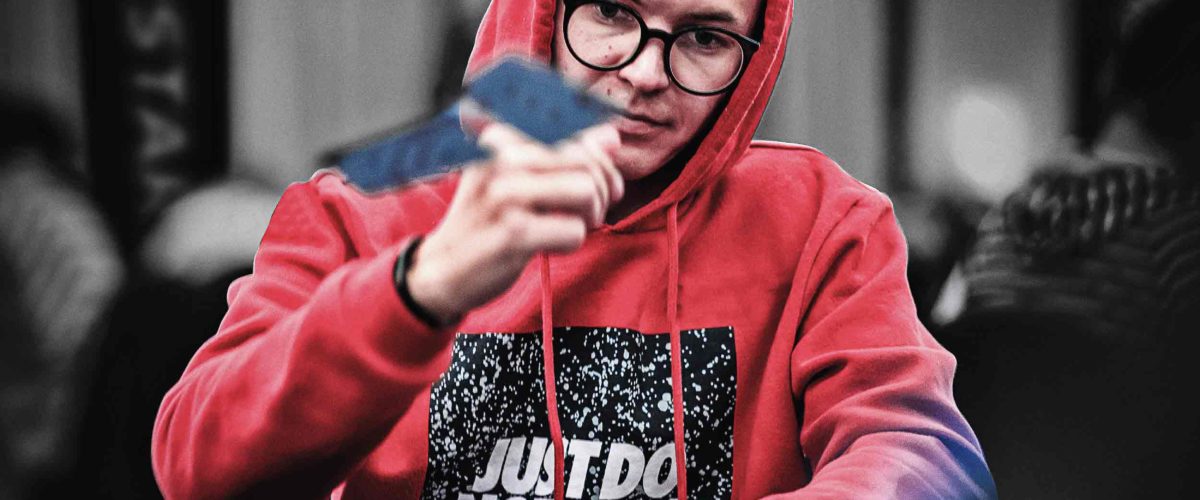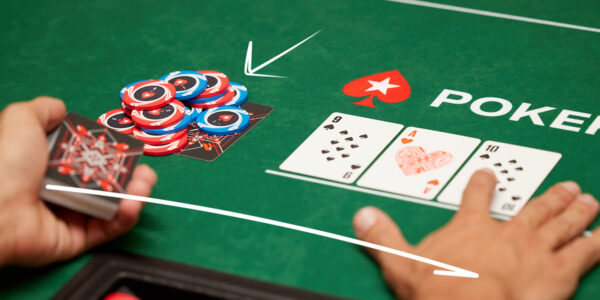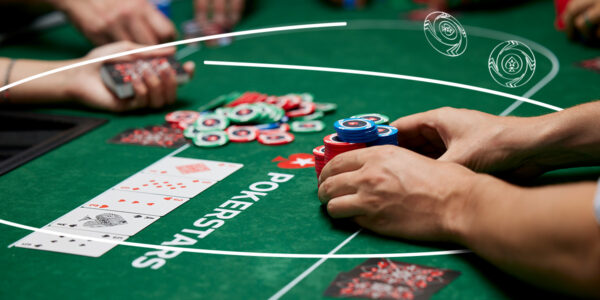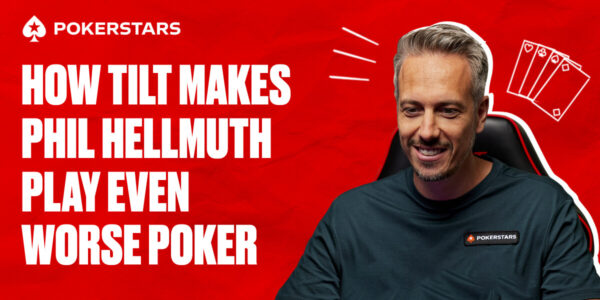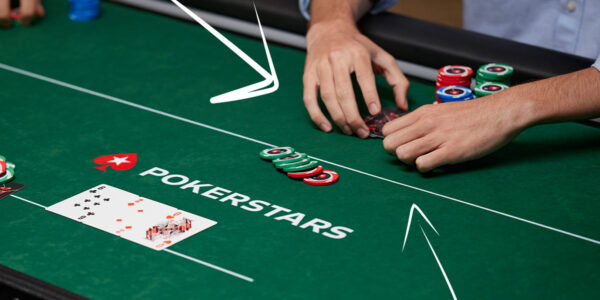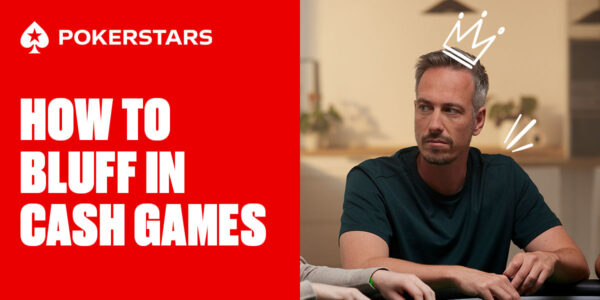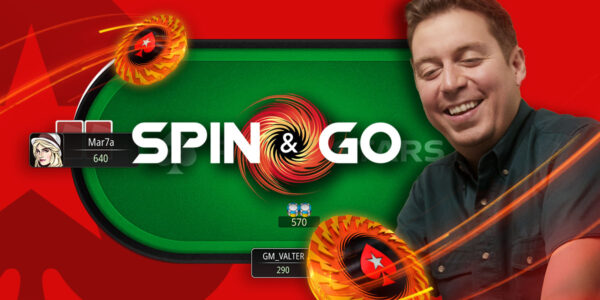Bad Reasons… for Folding
While it’s more common for players to invent bad reasons for investing money, it is not rare to find students who make up bad reasons for folding. Here are a few of the more common ones.
Feeling Outmatched
You might feel outmatched by a particular opponent, or by a certain aggressive line that Villain has taken. When I over-bet the turn, for example, I usually get more folds than I would in theory. This is because most opponents overreact to the 1.5x pot sized bet. Mathematically speaking, the picture does not change a great deal from facing a two-thirds pot sized bet, but in the subconscious, the difference feels much greater. To call a bet of 66% pot, you need to be getting back around 28% of the pot after you call. To call a bet of 150% pot, you need to be getting back around 37% of the pot.
This 9% increase in your required win percentage is certainly meaningful but the mind can be guilty of seeing the over-bet as a scary unmatchable foe and exaggerating how much worse it is to face the bigger size. When the brain goes into this sort of shock mode, especially on a bad turn card like a King that fell after a low flop, it is very tempting to just shrug and fold most of your pairs. If you do this, however, then 80-90% of your range might be hitting the muck. This is highly exploitable.


When aggressive players take very aggressive lines, it can be tempting to just get out of the way – but try to remember – you never need to be winning more than 50% of the time to call a bet, even if the pot was previously empty. You only need 33% pot entitlement to call a pot-sized bet and 25% to call half pot.
Don’t let an initial disgust or fear reaction distort the logical picture.
Being on a Downswing
When you’re running bad, it feels like there’s a disaster lurking around every corner. The mind quickly picks up on times you experience anguish or loss and runs scripts that try to avoid enduring a similar experience in the near future. These scripts run in your subconscious and are very powerful. These mental programs have to be strong and emotionally driven because they are designed to keep you alive in life or death situations. A cave man who analysed a hungry tiger calmly before trying to escape probably didn’t live long enough to pass on his genes. If he did, his son might not have been so lucky when he acted similarly. Poker demands this calm analysis and so survival scripts clash horribly with poker success.
When we have recently experienced a lot of negative variance, the mind might go into high alert mode and start perceiving danger in every spot. High variance investments start to feel like suicidal punts. When a stronger hand than yours is possible, it feels a lot like your opponent is just always going to have it.
When you’re tempted to fold due to an emotional pull and you’ve recently been running bad, it might be time to take a step back and remind yourself that the brain’s survival wiring can sabotage our ability to see clearly. When you’ve come to terms with the fact that much of your motivation for folding is emotional, you can brush it aside, and try a more objective analysis of the spot. You might still fold but at least you’ll be making a logical choice.
To Reduce Variance
Some players are obsessed with the idea of reducing variance. Avoiding a volatile gamble can be fine when the spot is very close in EV. The problem is that many players avoid variance in spots where investing is massively better than folding.
Counterintuitively, when you try to reduce short-term variance, your downswings only increase in the long-term. As you fold in more and more situations where you should have invested money, your win-rate decreases. As your win-rate gets worse, the extent and magnitude of your likely downswings increases. So, by being too tight in a high variance spot, you are actually increasing volatility. Poker is a weird game.
To ‘Give him Credit’
I have no idea what this means, but I hear it all the time. Poker is not a game played between honourable ladies and gentlemen who almost never bluff. It is a game where bluffing, semi-bluffing and equity denial are very important pieces of the puzzle. If you find yourself saying something like:
‘I’ll give you credit for the king’
Or
‘I guess you just have it.’
Then you are exactly the sort of player I want to play against. Shying away from bluffs has never been an issue for me, and it is not an issue for many of your opponents. Don’t just mindlessly believe that someone has a strong hand when they bet three times. Instead, weigh up all of the potential bluff candidates that exist in Villain’s range and try to determine from his player type how often he is likely to bluff when holding one of these hands. Try to square that analysis with the idea that you only need a small amount of equity to call your opponent’s bet.
Conclusion
Aspiring regulars fold far too much at the micro-stakes, especially against aggressive players who overdo it. Remember that all else being equal, it is easier to have nothing than something. If you’re folding due to the reasons above, you might be losing pots to the ‘nothing’ far too often.


